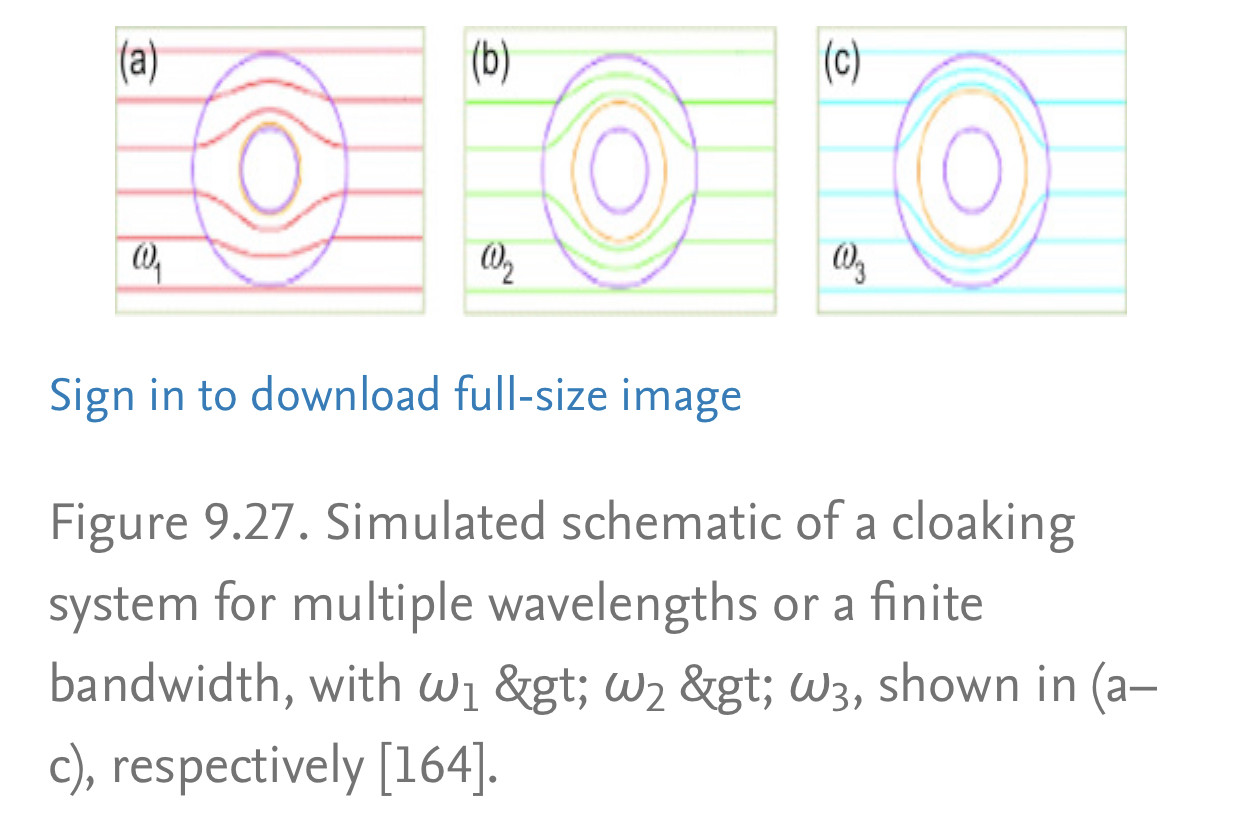The Mac
@TheMac
07 November, 06:40
Notice: Undefined index: tg1tga_access in /home/admin/www/anonup.com/themes/default/apps/timeline/post.phtml on line 396
The Mac
@TheMac
07 November, 06:41
In response The Mac to his Publication
Notice: Undefined index: tg1tga_access in /home/admin/www/anonup.com/themes/default/apps/timeline/post.phtml on line 396
The Mac
@TheMac
07 November, 06:43
In response The Mac to his Publication
Notice: Undefined index: tg1tga_access in /home/admin/www/anonup.com/themes/default/apps/timeline/post.phtml on line 396
The Mac
@TheMac
07 November, 06:44
In response The Mac to his Publication
Notice: Undefined index: tg1tga_access in /home/admin/www/anonup.com/themes/default/apps/timeline/post.phtml on line 396
The Mac
@TheMac
07 November, 06:46
In response The Mac to his Publication
Notice: Undefined index: tg1tga_access in /home/admin/www/anonup.com/themes/default/apps/timeline/post.phtml on line 396
The Mac
@TheMac
07 November, 06:52
In response The Mac to his Publication
Metamaterials and Transformation Optics
Metamaterials may be classified into two categories: LSPR-based and non-LSPR metamaterials. LSPR-based metamaterials such as negative index metamaterials rely upon LSPR phenomenon and hence the best performing plasmonic materials are noble metals followed by metal nitrides, further followed by TCOs (Tassin et al., 2012). Non-LSPR metamaterials rely upon effective medium behavior of composite materials and examples are cloaks, hyperbolic metamaterials, and epsilon-near-zero (ENZ) materials. As a general note, most of the metamaterial implementations of transformation optics fall into the category of non-LSPR metamaterials. Such metamaterials benefit a lot from alternative plasmonic materials because of their smaller Im{εm}.
Metamaterials may be classified into two categories: LSPR-based and non-LSPR metamaterials. LSPR-based metamaterials such as negative index metamaterials rely upon LSPR phenomenon and hence the best performing plasmonic materials are noble metals followed by metal nitrides, further followed by TCOs (Tassin et al., 2012). Non-LSPR metamaterials rely upon effective medium behavior of composite materials and examples are cloaks, hyperbolic metamaterials, and epsilon-near-zero (ENZ) materials. As a general note, most of the metamaterial implementations of transformation optics fall into the category of non-LSPR metamaterials. Such metamaterials benefit a lot from alternative plasmonic materials because of their smaller Im{εm}.
Notice: Undefined index: tg1tga_access in /home/admin/www/anonup.com/themes/default/apps/timeline/post.phtml on line 396
The Mac
@TheMac
07 November, 06:54
In response The Mac to his Publication
Hoffman et al. showed negative refraction at an operating wavelength of 8 µm in a so-called hyperbolic metamaterial consisting of planar, alternating layers (a superlattice) of heavily doped (1–4×1018 cm−3) In0.53Ga0.47As and undoped Al0.48In0.52As deposited by MBE (Hoffman et al., 2007). This metamaterial device was shown to have a performance figure-of-merit of about 20, the highest reported so far. Yet another demonstration is the epsilon-near-zero (ENZ) properties of the InAsSb material when doped heavily. Adams et al. show that heavy doping (1–2×1019 cm−3) of InAsSb causes the real permittivity to cross zero and turn metal-like in the MIR range (Adams et al., 2011). At the zero cross-over of real permittivity (occurring at about 8 µm wavelength), the material behaves as an ENZ material and exhibits special properties such as photon funneling.
Notice: Undefined index: tg1tga_access in /home/admin/www/anonup.com/themes/default/apps/timeline/post.phtml on line 396
The Mac
@TheMac
07 November, 06:55
In response The Mac to his Publication
Notice: Undefined index: tg1tga_access in /home/admin/www/anonup.com/themes/default/apps/timeline/post.phtml on line 396
In the near-IR, Kim et al. showed ENZ property of TCO substrates pin the resonance of gold nanorods always to ENZ wavelength irrespective of their geometry (Kim et al., 2016). Naik et al. demonstrated highest performing hyperbolic metamaterial in the near-infrared using Al-doped ZnO and undoped ZnO alternating layers (Naik et al., 2012a). The figure-of-merit of this hyperbolic metamaterial was nearly 10 while similar noble-metal based structures have 3 orders of magnitude smaller figures-of-merit. The implication of this demonstration is that TCO-based metamaterials are best suited for applications such as hyperlens – a sub-diffraction imaging metamaterial device.
06:55 AM - Nov 07, 2021
In response The Mac to his Publication
Only people mentioned by TheMac in this post can reply
The Mac
@TheMac
07 November, 06:57
In response The Mac to his Publication
In the visible spectral range, TiN based metamaterials have been demonstrated. In an example of a metamaterial for quantum optical applications, Naik et al. developed an epitaxial metal/dielectric superlattice based on TiN and AlN, and showed that the structure exhibits hyperbolic dispersion (Naik et al., 2014). Layer thickness down to 5 nm – not possible with noble metals – was possible in TiN based metamaterial only because the surface energy of TiN is nearly 3 orders of magnitude smaller than that of noble metals.
Notice: Undefined index: tg1tga_access in /home/admin/www/anonup.com/themes/default/apps/timeline/post.phtml on line 396
The Mac
@TheMac
07 November, 07:00
In response The Mac to his Publication
Such a metamaterial showed a huge enhancement in local photonic density of states, and a fluorophore probe near such metamaterial experienced about 80x enhancement in its radiative decay rate. Such huge enhancement in photon emission rate is useful in many light emitting devices including a single photon source for quantum optical applications. Shalaginov et al. extended this work to demonstrate fast single photon emission from NV centers of nano-diamonds (Shalaginov et al., 2013).
Overall, alternative plasmonic materials are very promising for non-LSPR metamaterials owing to their smaller magnitude of real permittivity and small imaginary permittivity.
Overall, alternative plasmonic materials are very promising for non-LSPR metamaterials owing to their smaller magnitude of real permittivity and small imaginary permittivity.
Notice: Undefined index: tg1tga_access in /home/admin/www/anonup.com/themes/default/apps/timeline/post.phtml on line 396








